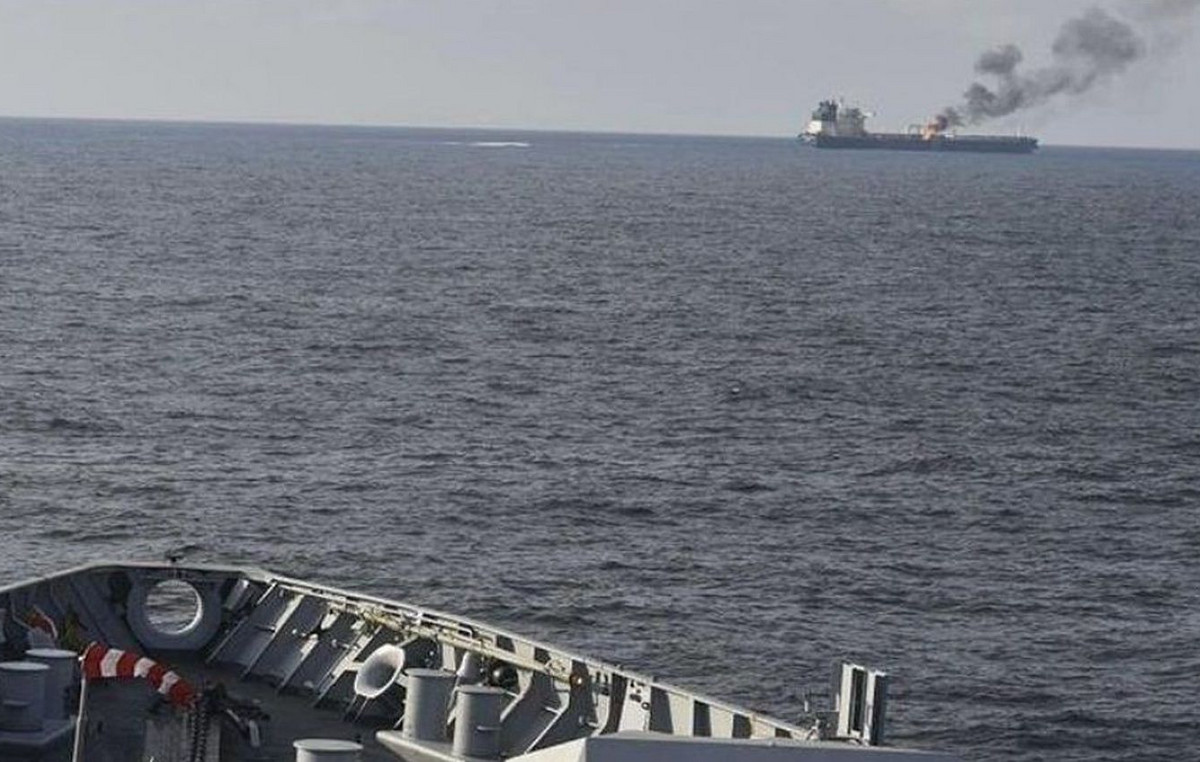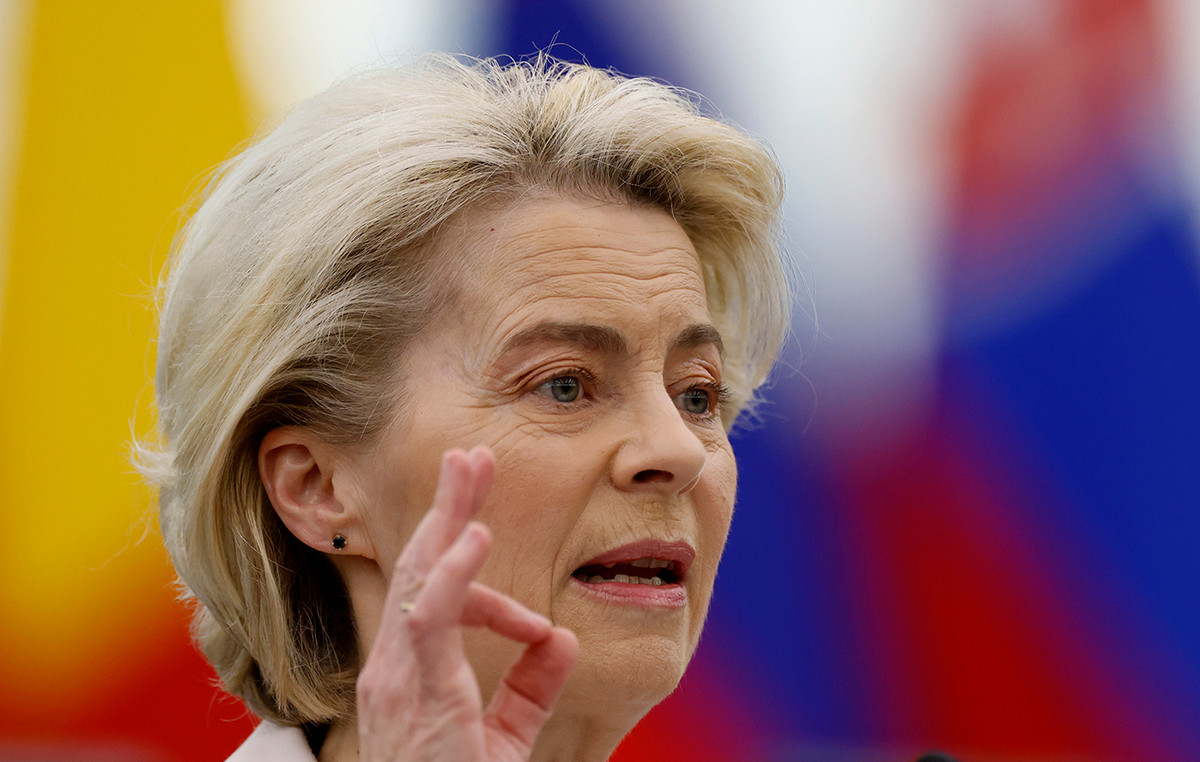The Australians presented a surprising electoral result on Saturday (3); Not just for the result, but for the magnitude of victory.
This marks a strong recovery for Prime Minister Anthony Albanese and his center-left labor party, which were falling in the polls earlier this year, and follows a similar removal of conservatives in Canada in the early months of Donald Trump’s second term.
As the last chairs are allocated and the Liberal Right Liberal Party evaluates the damage-including the loss of its leader, Peter Dutton, of Parliament-here are motives for why albanese possibly secured the second term in the country.
“Trump Effect” drives reelection
Dutton’s defeat by Albanese reflects the outcome of last week’s Canadian federal elections, where the Left Liberal Party, before having difficulties, achieved victory thanks to an increase in popularity inspired by Trump.
In a remarkable political recovery, the liberals who support Canadian Prime Minister Mark Carneary surpassed the conservatives of Pierre Poilievre after Trump’s fares and the threats to attach Canada changed the luck of the ruling party, which had been presenting negative results in the polls for years.
Although Australia has not faced the same affront to its sovereignty as Canada, similar electoral results demonstrate Trump’s influence on US long -time allies policy.
Dutton was nicknamed “Trump Temu” by his critics – a reference to the low -cost Chinese online market – a characterization that may have contributed to his fall in Australia, where confidence in the US was corroded, according to recent research.
Despite claiming to be “owner of his own identity,” Dutton was accused of fostering cultural wars and criticizing immigrants and the media with a rhetorical similar to Trump’s.
Dutton spent weeks trying to distance himself from the US leader who imposed tariffs, but it was not enough to convince Australian voters that he was the right person to lead the country at this time of global turbulence.
Political stability
The result of Saturday (3) made of Albanese the first Australian Prime Minister to be reelected in 20 years, and could announce the end of the rotation of leaders who define the country’s policy since the turn of the millennium.
Albanese will start his second term with at least 85 chairs in the 150 Baixa Chamber – a significant majority in Australia – while the liberal coalition currently has only 37, according to the latest account of the American broadcaster ABC.
The country has had six different prime ministers in the last 18 years, most of which have remained in office for about three years, in line with the frequency of the Australian elections.
But a forceful victory and a solid majority prepared Albanese for another three years or even more. This potentially gives him the opportunity to shape the country’s policy in his own way, in a way that no leader has achieved since John Howard of the Liberal Party in the late 1990s and early 2000s.
During a period of commercial turmoil, Albanese showed firmness, adopting an authoritarian tone in response to Trump’s decision to impose 10% tariffs on Australia, who were later suspended.
Concerns about the cost of living
Australian voters deposited confidence in Albanese plans to combat high cost of living and climate change over Dutton’s ideological approach to Trump’s style, which sometimes did not seem to be supported by political proposals.
Dutton called the indigenous ceremonies “welcome to the country” “exaggerated”, and said they should not be held at sports games or military events.
In 2023, Dutton had a successful campaign against a government referendum on an indigenous proposal Voice to Government, which promised changes to native peoples and included the constitutional recognition of Australian indigenous people.
He also claimed that Australia welcomes many immigrants, and labeled the public broadcaster as “hate media.”
Dutton promised to repress the “Woke” culture and end “indoctrination” in schools, before clarifying that his party had no plans to change the curriculum.
Meanwhile, Australian voters seemed more concerned about the cost of living and climate change – two areas in which Dutton was seen as not being strong enough and lacking strategies.
Although Albanese was criticized for not having done enough to contain the increase in living costs during the first term, in the coming years he promised tax cuts, cheaper drugs, minor deposits for first -time buyers and 1.2 million homes to relieve the real estate crisis.
Similarly, despite criticism of their approval of new coal and gas projects in its first term, Albanese reiterated his commitment to climate action, in contrast to the continuous attack of the new US government to agencies and environmental research.
All Australians know that “renewable energy is an opportunity that we should take advantage of the future of our economy,” the prime minister said to applause.
This content was originally published in elections in Australia: Tariffs imposed by Trump contribute to results on CNN Brazil.
Source: CNN Brasil
Bruce Belcher is a seasoned author with over 5 years of experience in world news. He writes for online news websites and provides in-depth analysis on the world stock market. Bruce is known for his insightful perspectives and commitment to keeping the public informed.







